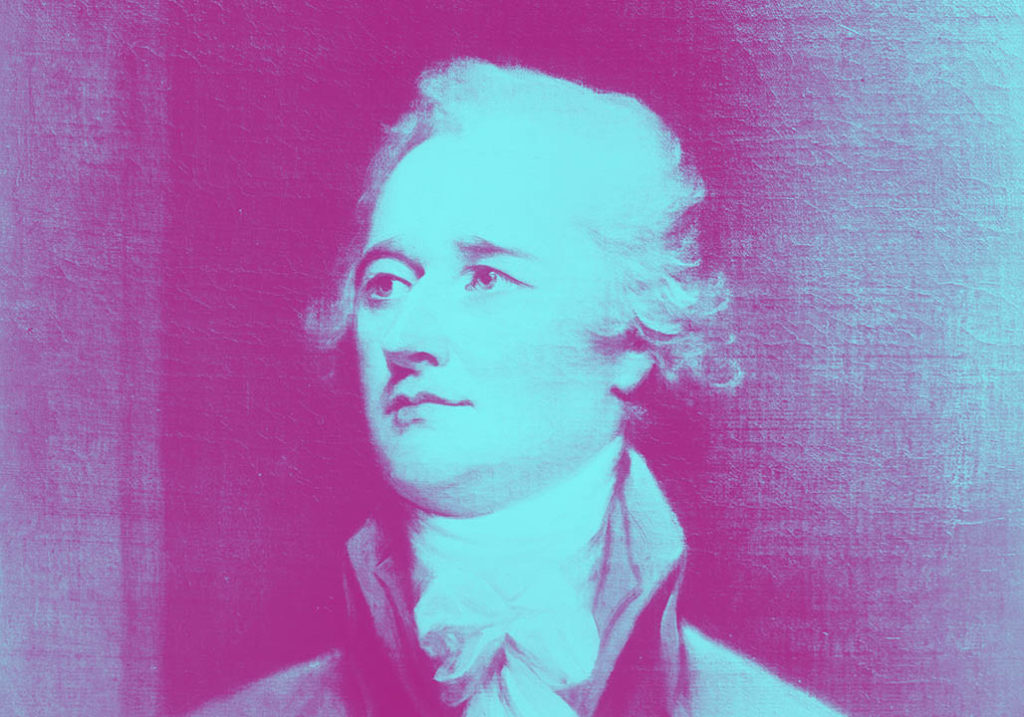We Can Thank Alexander Hamilton For Giving Us These Words

He may have been 🎶dropped in the middle of a forgotten spot in the Caribbean by providence, impoverished, in squalor🎶 … but by now we all know Alexander Hamilton grew up to be a hero and a scholar. However, did you know the first secretary of the treasury was also quite the linguist?
Since Lin-Manuel Miranda turned Hamilton from a mysterious face on our $10 bill to a household name, the impact this “bastard orphan” had on our modern lives has become increasingly apparent. Case in point: many of the words and phrases used on a daily basis in America are thought to have originated from everyone’s favorite “ten dollar founding father.”
irredeemability
As an adjective, irredeemable means “not redeemable; incapable of being bought back or paid off,” but Hamilton took the term one step further. Irredeemability is a noun largely credited to the founding father, who used it in a letter to then-President George Washington in August 18, 1792.
unapportioned
Sometimes all it takes to popularize a new word is to add a prefix (or suffix) to an old one. Apportioned means “distributed or allocated proportionally.” Unapportioned, on the other hand, means the opposite, something scholars believe we owe to Maria Reynold’s famous beau.
misstep
These days most people know that to make a misstep is a “wrong step” or “an error or slip in conduct; faux pas.” But, it’s believed that we wouldn’t have this noun if it weren’t for old Alex H., who combined the prefix mis-, which negates the second part of a word, with step in the collection of 85 essays known as The Federalist. (By now we all know John Jay wrote five, James Madison wrote 29, and (sing it with us) Hamilton wrote the other 51!)
implied powers
The average citizen may not use this term every day, but it’s no less important. Hamilton is thought to have written a 15,000-word essay laying out the counter doctrine of implied powers in just one night, an essay that would convince Washington to approve the creation of the first bank of the United States.
receivable
It’s no surprise that many of the terms Hamilton is believed to have added to the lexicon relate to finance. He was the father of our modern banking system, after all. The entire accounts receivable department has Eliza’s husband to thank for their job titles.
skeleton
OK, so technically the word for ‘dem bones existed before Hamilton came along, but he’s credited with offering a new usage that’s still used today: “reduced to the essential or minimal parts or numbers.” If you’ve ever worked with a skeleton crew, you can raise a glass (or a fist out of frustration) to Alexander Hamilton for giving you the word to describe it.